Hands on the Land for food sovereignty and climate justice
- TNI
- 09 September 2016
Frontline communities and social movements around the world explain why we need to keep our hands on the land for food sovereignty and climate justice!

Frontline communities and social movements around the world explain why we need to keep our hands on the land for food sovereignty and climate justice!
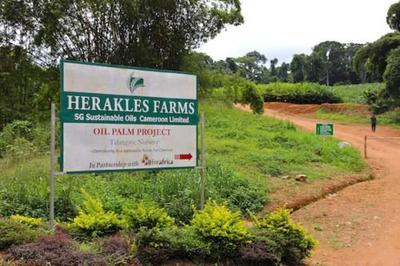
Greenpeace International et Oakland Institute épinglent le département d'Etat américain dans une affaire d’accaparement de 73 000 ha de terres par la société américaine Herakles Farms au Cameroun

Civil Society members expressing concern over human rights abuses by corporate entities are increasingly being accused of being agents of the political opposition or “anti-development”.

Regional advocacy group PAN Asia Pacific (PANAP) joins Filipino peasant groups in condemning the recent killing of four farmers in a military reservation that is the subject of a land conflict.

A travers cette émission , Madame Yacine Fall dénonce fortement l'accaparement des terres en montrant qu'aucun pays ne peut se développer en se basant sur des entreprises étrangères.
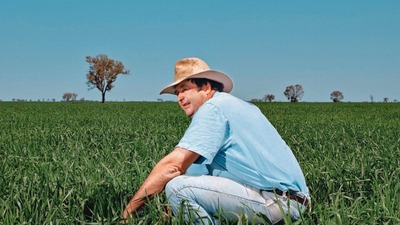
US giant TIAA's Westchester has purchased a major part of northern NSW cropping farm Milton Downs from Australia's biggest wheat grower Greentree Farming for a figure some estimate to be in the vicinity of $50 million.
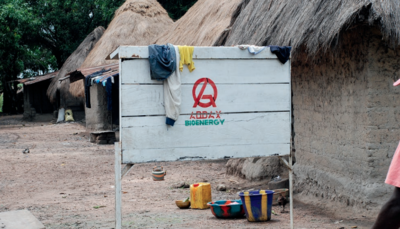
Holding the Development Finance Institutions responsible when private sector projects fail. The case of Addax Bioethanol in Sierra Leone.

Senegalese agro-pastoralists are striking wins against Senhuile SA, a foreign-owned agribusiness company established in Ndiaël, Saint-Louis Region of Senegal.

Milltrust has a 10 year, billion dollar program to establish farms in the southern hemisphere to produce rice, wheat, corn and barley, as well as new cash crops that will provide feedstock for animals.
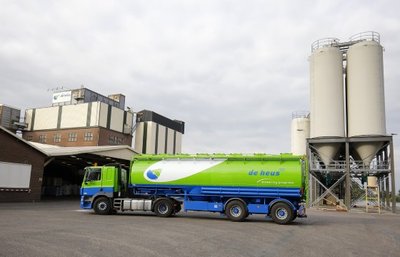
Last June, Dutch animal feed company De Heus started the construction of a demonstration farm for 400 sows and 800 fattening pigs in Vietnam.
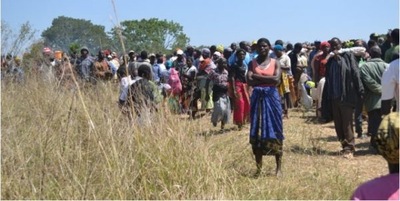
The Peoples Land Organisation seeks the local people’s occupation of all idle tea estates land, as well as reparations for the years since 1914 that estates owners occupied the lands and engaged in bonded labour practices. The organisation has also been demanding from the estates owners a wage rate of £6.13 per hour (about K5 000) per individual for those who were involved in Thangata (bonded labour) between 1914 and 1963.

A l'origine de la colère du peuple Oromo, un accaparement de leurs terres par l'état qui ensuite les revend à des multinationales